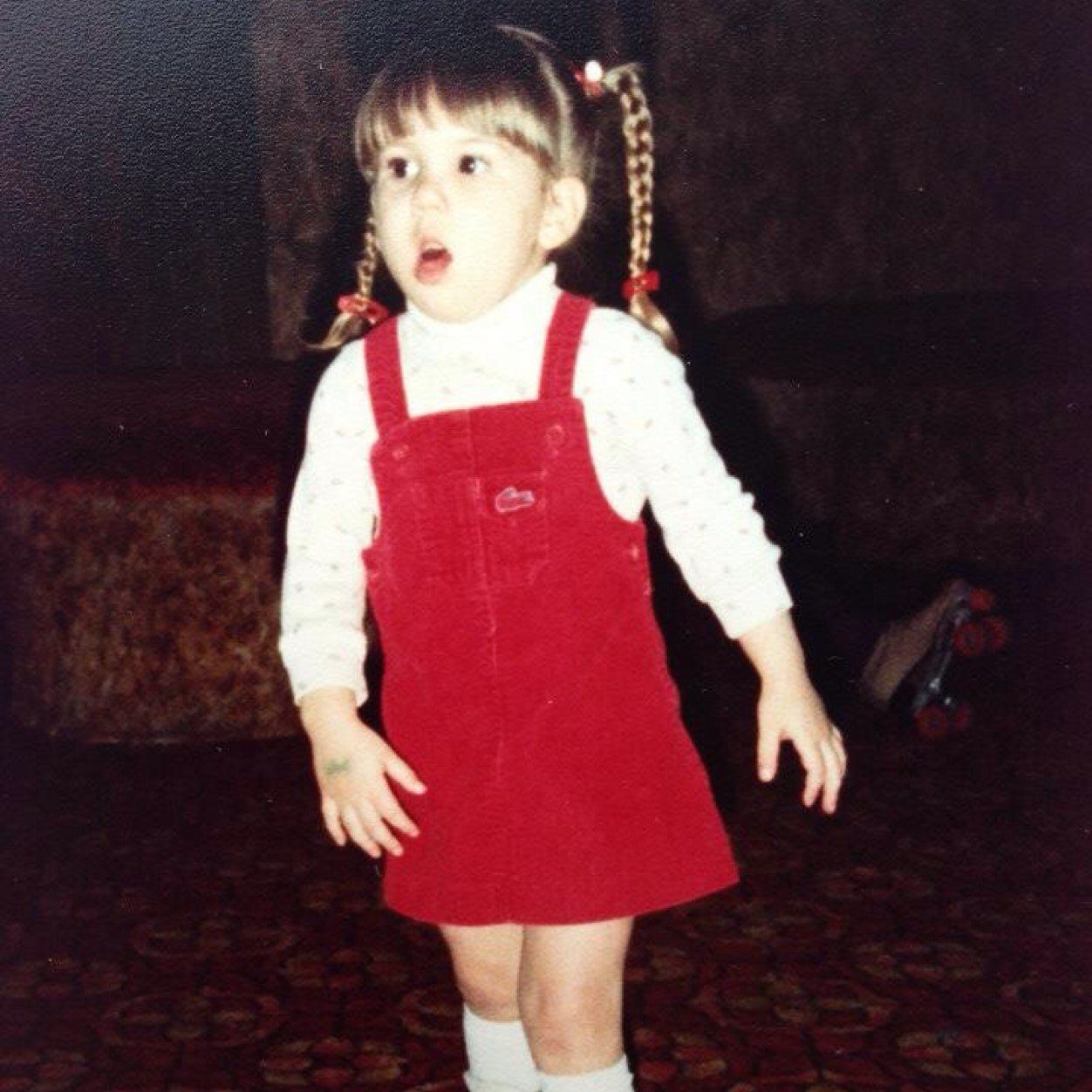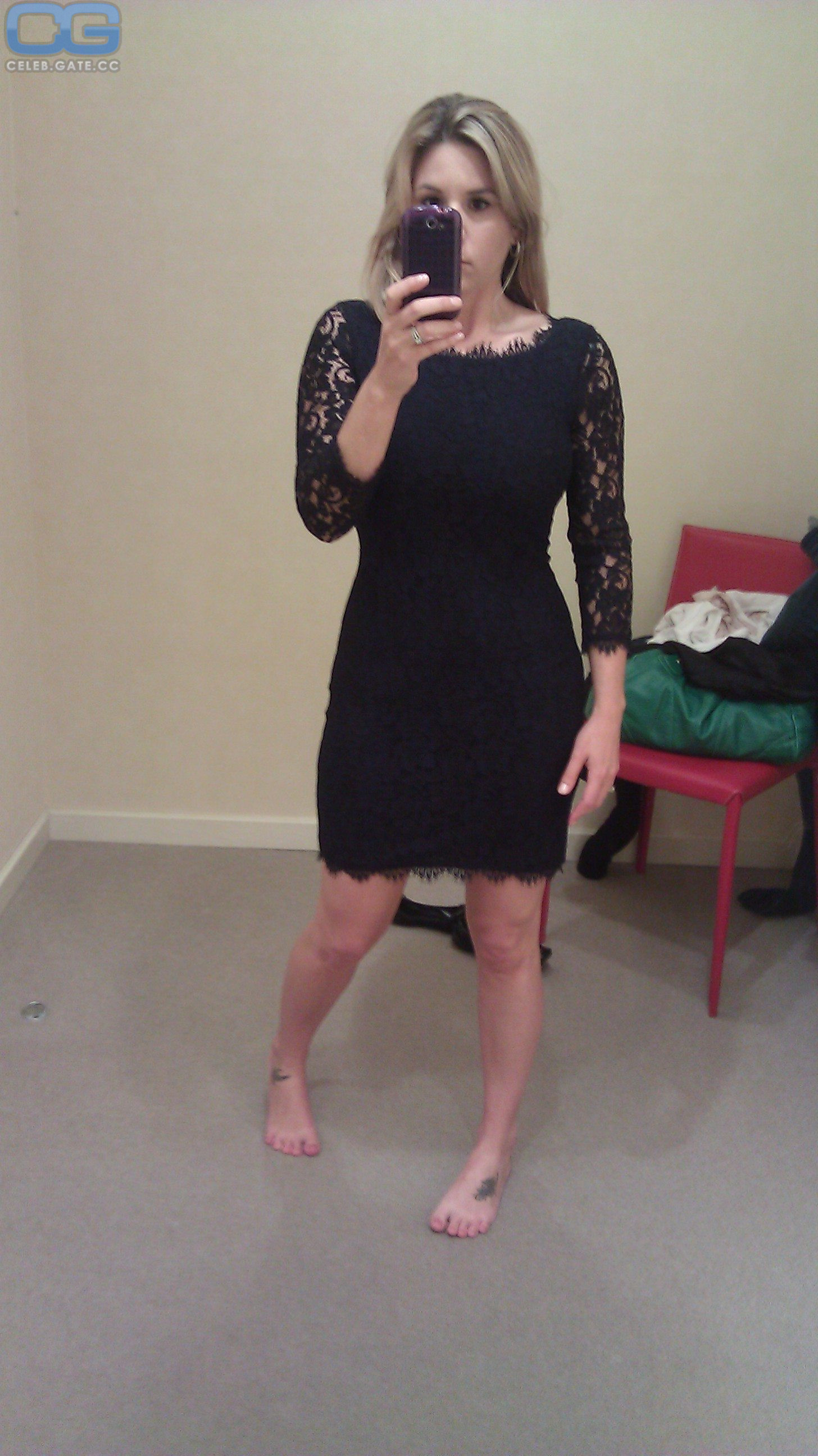Brandi Passante Leak: The Untold Story Behind The Viral Sensation
Let’s be real here folks, we’ve all been there—scrolling through our feeds when BAM! A headline catches our eye that makes us do a double-take. Today, we’re diving deep into one of those moments that sent the internet into overdrive: Brandi Passante Leak. Now before you jump to conclusions, let’s clear the air. This isn’t just another scandal story; it’s about understanding what happened, why it mattered, and how it impacted the world of digital privacy.
Brandi Passante, a name that quickly became synonymous with controversy, hit the headlines not because of her work but due to an unfortunate incident. The so-called "leak" sparked debates across social media platforms, raising questions about consent, privacy, and the ethics of sharing sensitive content online. So, buckle up as we unravel the layers of this story and explore its implications.
But why should you care? Well, in today’s hyper-connected world, everyone’s personal life is just a click away from becoming public domain. Whether you’re a fan, a critic, or simply someone who wants to stay informed, understanding the ins and outs of this situation can help you navigate the digital landscape more responsibly. Let’s dive in, shall we?
- Stream Kannada Movies Online Watch The Latest Greatest
- Kannada Movies Movierulz Guide Find What Youre Looking For
Who Is Brandi Passante? A Quick Bio
Before we get into the nitty-gritty of the "Brandi Passante Leak," let’s take a moment to understand who Brandi Passante really is. Born and raised in the bustling streets of Los Angeles, Brandi carved out a name for herself in the entertainment industry. She’s known for her captivating performances and her ability to bring characters to life on screen. But beyond the glitz and glamour, there’s more to her than meets the eye.
Below is a quick rundown of Brandi Passante’s personal and professional life:
| Full Name | Brandi Passante |
|---|---|
| Date of Birth | March 15, 1990 |
| Place of Birth | Los Angeles, California |
| Profession | Actress, Model |
| Education | Studied Acting at USC |
Now that we’ve got the basics covered, let’s move on to the juicy stuff.
- Cant Find Vega Stream Movies Shows Online Now
- Kannada Movies 2025 Your Guide To New Releases Showtimes
What Exactly Happened with the Brandi Passante Leak?
Alright, here’s where things get interesting. The infamous "Brandi Passante Leak" refers to the unauthorized release of private content involving the actress. While the exact details surrounding the leak remain murky, it’s clear that this incident had far-reaching consequences for both Brandi and her fans. The breach of privacy sparked outrage and led to widespread discussions about the importance of respecting personal boundaries in the digital age.
Here’s a breakdown of the key events:
- The leak first surfaced on various online forums, quickly gaining traction.
- Fans and critics alike expressed shock and disappointment over the breach.
- Legal action was taken by Brandi’s team to address the violation.
But what does this mean for the rest of us? Let’s explore further.
Why Did the Brandi Passante Leak Go Viral?
Let’s be honest, in today’s world, anything scandalous has the potential to go viral. But why did the Brandi Passante Leak capture the attention of millions? The answer lies in a combination of factors. First, Brandi’s popularity as a public figure made her an easy target for gossipmongers. Second, the sensitive nature of the content ensured that it spread like wildfire across social media platforms.
According to a study by Pew Research Center, nearly 60% of internet users admit to sharing sensational content without verifying its authenticity. This behavior only exacerbates the problem, turning a private matter into a global spectacle.
Understanding the Psychology Behind Viral Content
Why do people share scandalous content? It’s all about human psychology. We’re naturally drawn to drama and intrigue, which is why stories like the Brandi Passante Leak resonate so deeply with us. However, it’s crucial to remember that behind every viral sensation is a real person with real feelings.
The Impact of the Leak on Brandi Passante
Now, let’s talk about the elephant in the room. How did the leak affect Brandi Passante personally and professionally? The fallout was significant, to say the least. Not only did she face a barrage of unwanted attention, but her career also suffered as a result. Projects were put on hold, and collaborations came to a screeching halt.
But Brandi didn’t let the setback define her. Instead, she used the experience as a platform to advocate for digital privacy and consent. In interviews, she emphasized the importance of respecting personal boundaries and holding those responsible accountable.
Lessons Learned from the Incident
So, what can we learn from the Brandi Passante Leak? Here are a few takeaways:
- Respect privacy at all costs.
- Hold individuals accountable for sharing unauthorized content.
- Use your voice to promote positive change in the digital space.
As Brandi herself once said, “We need to start treating each other with kindness and empathy, especially online.”
Legal Implications of the Brandi Passante Leak
Let’s shift gears and talk about the legal side of things. When someone’s private content is leaked without their consent, it’s not just a breach of trust—it’s a violation of the law. In Brandi’s case, her legal team wasted no time in taking action against those responsible for the leak.
Under U.S. law, distributing intimate images without consent is considered a criminal offense. Penalties can range from hefty fines to imprisonment, depending on the severity of the case. This serves as a stark reminder that the internet isn’t a free-for-all zone; there are consequences for your actions.
How to Protect Yourself Online
So, how can you safeguard your personal information in the digital age? Here are a few tips:
- Use strong, unique passwords for all your accounts.
- Enable two-factor authentication whenever possible.
- Be cautious about sharing sensitive content online.
By taking these precautions, you can minimize the risk of falling victim to a similar incident.
The Role of Social Media in Amplifying Scandals
Social media platforms like Twitter, Instagram, and TikTok played a pivotal role in amplifying the Brandi Passante Leak. Within hours of the content being released, it had reached millions of users worldwide. While social media has its benefits, it also has a dark side—one that thrives on sensationalism and drama.
Companies are now stepping up their game to combat the spread of harmful content. For instance, Twitter recently introduced new policies to flag and remove unauthorized images. It’s a step in the right direction, but there’s still a long way to go.
What Can You Do to Help?
As users, we have a responsibility to use social media responsibly. Here’s how you can contribute:
- Report harmful content to platform moderators.
- Engage in constructive conversations about digital ethics.
- Support victims of online harassment and privacy breaches.
Together, we can create a safer digital environment for everyone.
Public Reaction to the Brandi Passante Leak
When news of the leak broke, the public reaction was swift and varied. Some expressed outrage at the violation of Brandi’s privacy, while others couldn’t resist the temptation to share the content. This divide highlights the ongoing struggle between curiosity and morality in the digital age.
According to a survey conducted by Gallup, nearly 70% of respondents believe that sharing unauthorized content is unethical. Yet, the same survey revealed that only 30% of people actively report such content to authorities. This discrepancy underscores the need for greater awareness and education on digital ethics.
Why Empathy Matters in the Digital Age
Empathy is key to fostering a more compassionate online community. By putting ourselves in someone else’s shoes, we can better understand the impact of our actions. Whether it’s choosing not to share sensitive content or supporting those affected by privacy breaches, small actions can make a big difference.
Conclusion: Moving Forward with Responsibility
As we wrap up this discussion, it’s important to reflect on the lessons we’ve learned from the Brandi Passante Leak. Privacy breaches are not just isolated incidents; they’re symptomatic of a larger issue that affects us all. By prioritizing digital responsibility and empathy, we can create a safer, more respectful online environment.
So, what’s next? We encourage you to take action by:
- Sharing this article with your network to raise awareness.
- Engaging in conversations about digital ethics and privacy.
- Supporting initiatives that promote responsible internet use.
Remember, the internet is a powerful tool, but with great power comes great responsibility. Let’s work together to make it a better place for everyone.
Table of Contents
- Who Is Brandi Passante? A Quick Bio
- What Exactly Happened with the Brandi Passante Leak?
- Why Did the Brandi Passante Leak Go Viral?
- The Impact of the Leak on Brandi Passante
- Legal Implications of the Brandi Passante Leak
- The Role of Social Media in Amplifying Scandals
- Public Reaction to the Brandi Passante Leak
- Conclusion: Moving Forward with Responsibility
Article Recommendations
- Vega What You Need To Know Streaming More
- Kannada Movies Online Watch Latest Releases Movierulz Updates



Detail Author:
- Name : Erna Feest
- Username : yframi
- Email : mtorphy@hotmail.com
- Birthdate : 2005-04-09
- Address : 4974 Wiegand Ridge East Thea, FL 53537-0801
- Phone : (270) 613-6613
- Company : Turcotte LLC
- Job : Nonfarm Animal Caretaker
- Bio : Nulla a blanditiis accusamus dicta commodi molestias blanditiis. Et et distinctio autem adipisci qui. Dolor nulla voluptatem laudantium. Quas dolor rerum ipsa qui.
Socials
twitter:
- url : https://twitter.com/arthurstracke
- username : arthurstracke
- bio : Consectetur fugit accusamus qui quia soluta. Veritatis omnis non ea non dolor.
- followers : 1052
- following : 2160
instagram:
- url : https://instagram.com/arthur_stracke
- username : arthur_stracke
- bio : Nihil quae qui dicta non sed. Ut voluptas voluptatibus non saepe beatae. Facere eos culpa ut qui.
- followers : 705
- following : 815
linkedin:
- url : https://linkedin.com/in/arthurstracke
- username : arthurstracke
- bio : Animi ab id officia animi nobis omnis.
- followers : 3677
- following : 2570